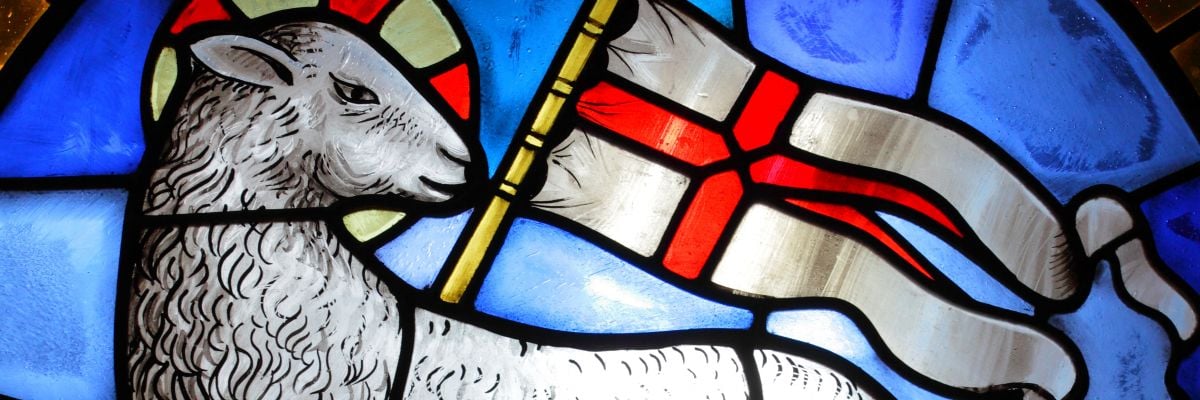
Question:
Answer:
When the Jewish people were slaves in Egypt, they were liberated by God through Moses in the Exodus. Egypt did not want to free the slaves, so God sent a series of plagues to convince the Pharaoh to let the Jewish people go. The last of these plagues was the death of every firstborn male (Ex. 11:1–12:36). The Jewish people were spared from this plague by marking their doors with the blood of an unblemished lamb that God had commanded them to eat (Ex. 12:3-13). The blood of this lamb saved the Jewish people from the plague of death and resulted in their liberation from slavery.
Similarly, the death of Jesus saves us from eternal death and slavery to sin. This connection was foreseen by the prophet Isaiah who spoke of the Messiah as a sacrificial lamb (Is. 53:7) and John the Baptist who foretold the saving death of Jesus by calling him the Lamb of God (John 1:29). The author of the Gospel of John employs this imagery by stating that Jesus was sentenced to death at the same hour that the Passover lambs were being slaughtered (John 19:14) and by pointing out that none of his bones were broken (John 19:36), the same as the Passover lamb’s bones were not to be broken (Ex. 12:46).
Every time the Eucharist is celebrated, we believe that Calvary is mysteriously made present in our midst. We recognize the mystery of our faith by proclaiming the Lamb of God (Jesus) made present under the appearances of bread and wine.



